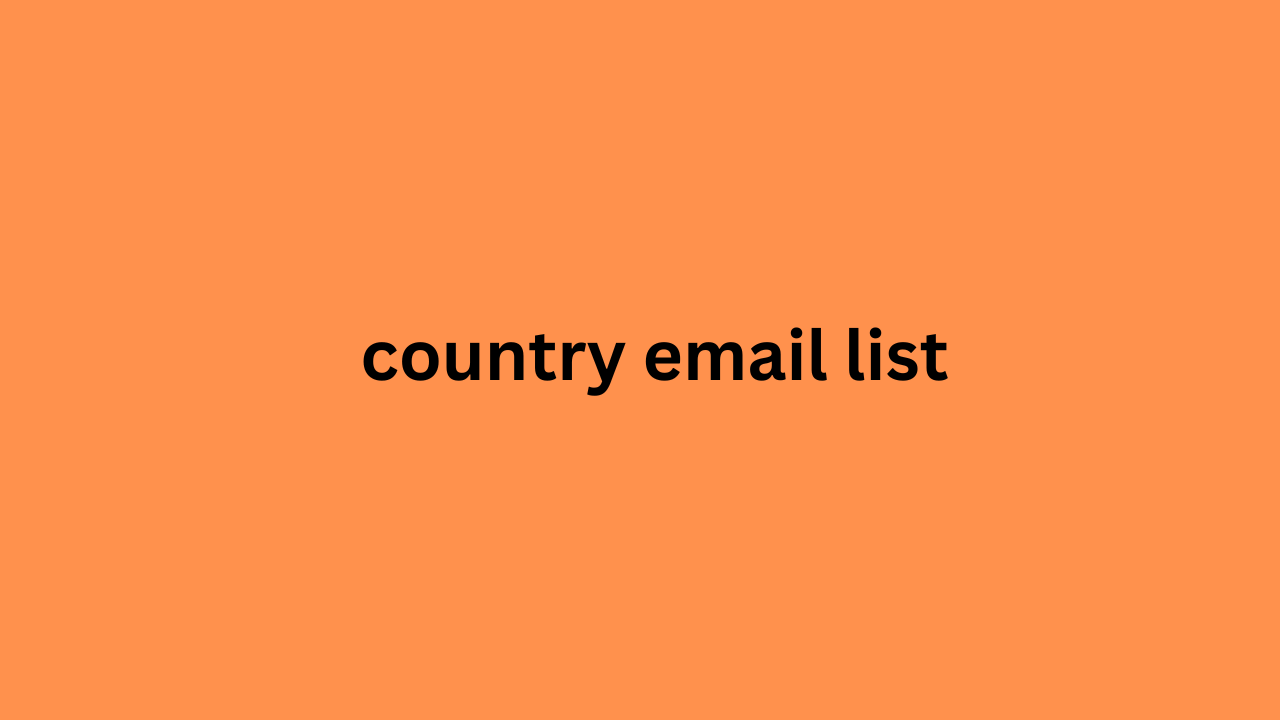Retention
Posted: Tue Dec 17, 2024 7:04 am
Also known as the loyalty phase, it is a stage of the marketing funnel that focuses on maintaining and strengthening the relationship with existing customers after they have made a purchase .
During this phase, the aim is to provide a positive and satisfactory experience to customers, with the goal of turning them into brand promoters.
Some strategies at this stage include:
Provide exceptional customer service and resolve any issues or queries quickly and efficiently.
Maintain communication through newsletters, personalized emails, product or service updates, etc. This helps keep the brand in the minds of customers.
Implement loyalty programs that reward customers for making multiple purchases . This can include discounts, cumulative points, special gifts, or access to exclusive events.
Provide personalized recommendations and offers that fit your interests and needs.
Ask customers to share their opinions and experiences with the company , and use that feedback to continually improve.
The retention phase is crucial to your business's long-term growth and success, as retaining existing customers is often more cost-effective than acquiring new ones .
In addition, loyal customers become promoters of your brand, recommending it to others and generating a positive impact through word of mouth.
Why create a marketing funnel?
Making a marketing funnel is important because it helps you guide and optimize the process of converting prospects into customers. Here are several reasons why it is beneficial:
Better understanding of the audience
By strategically segmenting and targeting marketing messages and actions, you provide relevant, personalized content that resonates with prospects at every stage of the funnel.
This in the long term increases the conversion of prospects into customers.
Saving time and resources
By having a marketing funnel, you automate and optimize the conversion country email list process. This allows you to save time and resources because you deliver messages and content in an efficient and scalable way.

Plus, by better understanding your audience's needs at each stage, you can focus your efforts on more effective strategies.
Measuring and optimizing results
By having a marketing funnel, you can set clear metrics and goals for each stage.
This gives you the ability to evaluate the performance of strategies and actions by phase, and make optimizations to improve results over time.
In short, creating a marketing funnel is essential for:
Have a strategic focus on customer acquisition.
Provide a personalized and relevant experience at every stage of the purchasing process.
Optimize efforts to generate better results and conversions.
During this phase, the aim is to provide a positive and satisfactory experience to customers, with the goal of turning them into brand promoters.
Some strategies at this stage include:
Provide exceptional customer service and resolve any issues or queries quickly and efficiently.
Maintain communication through newsletters, personalized emails, product or service updates, etc. This helps keep the brand in the minds of customers.
Implement loyalty programs that reward customers for making multiple purchases . This can include discounts, cumulative points, special gifts, or access to exclusive events.
Provide personalized recommendations and offers that fit your interests and needs.
Ask customers to share their opinions and experiences with the company , and use that feedback to continually improve.
The retention phase is crucial to your business's long-term growth and success, as retaining existing customers is often more cost-effective than acquiring new ones .
In addition, loyal customers become promoters of your brand, recommending it to others and generating a positive impact through word of mouth.
Why create a marketing funnel?
Making a marketing funnel is important because it helps you guide and optimize the process of converting prospects into customers. Here are several reasons why it is beneficial:
Better understanding of the audience
By strategically segmenting and targeting marketing messages and actions, you provide relevant, personalized content that resonates with prospects at every stage of the funnel.
This in the long term increases the conversion of prospects into customers.
Saving time and resources
By having a marketing funnel, you automate and optimize the conversion country email list process. This allows you to save time and resources because you deliver messages and content in an efficient and scalable way.

Plus, by better understanding your audience's needs at each stage, you can focus your efforts on more effective strategies.
Measuring and optimizing results
By having a marketing funnel, you can set clear metrics and goals for each stage.
This gives you the ability to evaluate the performance of strategies and actions by phase, and make optimizations to improve results over time.
In short, creating a marketing funnel is essential for:
Have a strategic focus on customer acquisition.
Provide a personalized and relevant experience at every stage of the purchasing process.
Optimize efforts to generate better results and conversions.